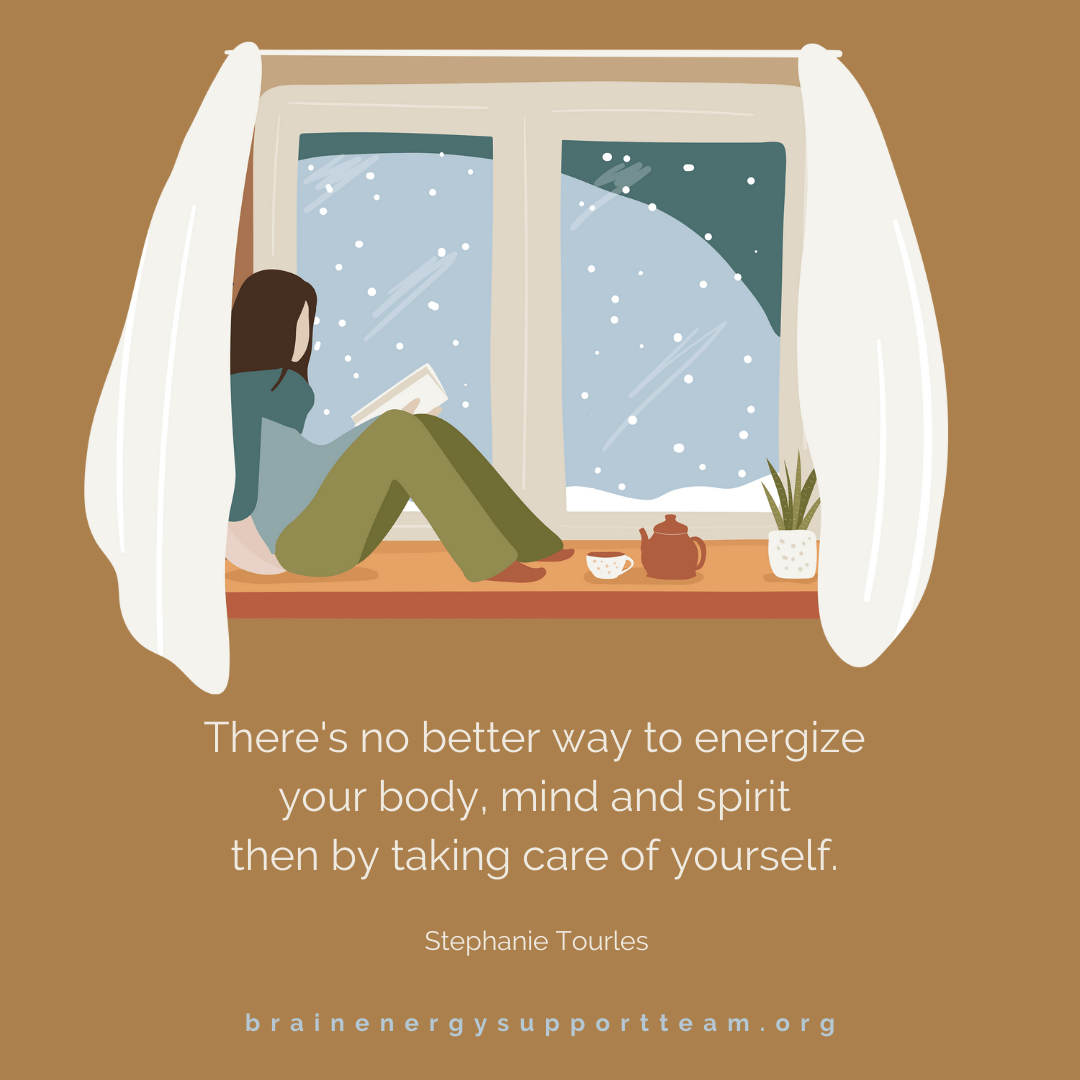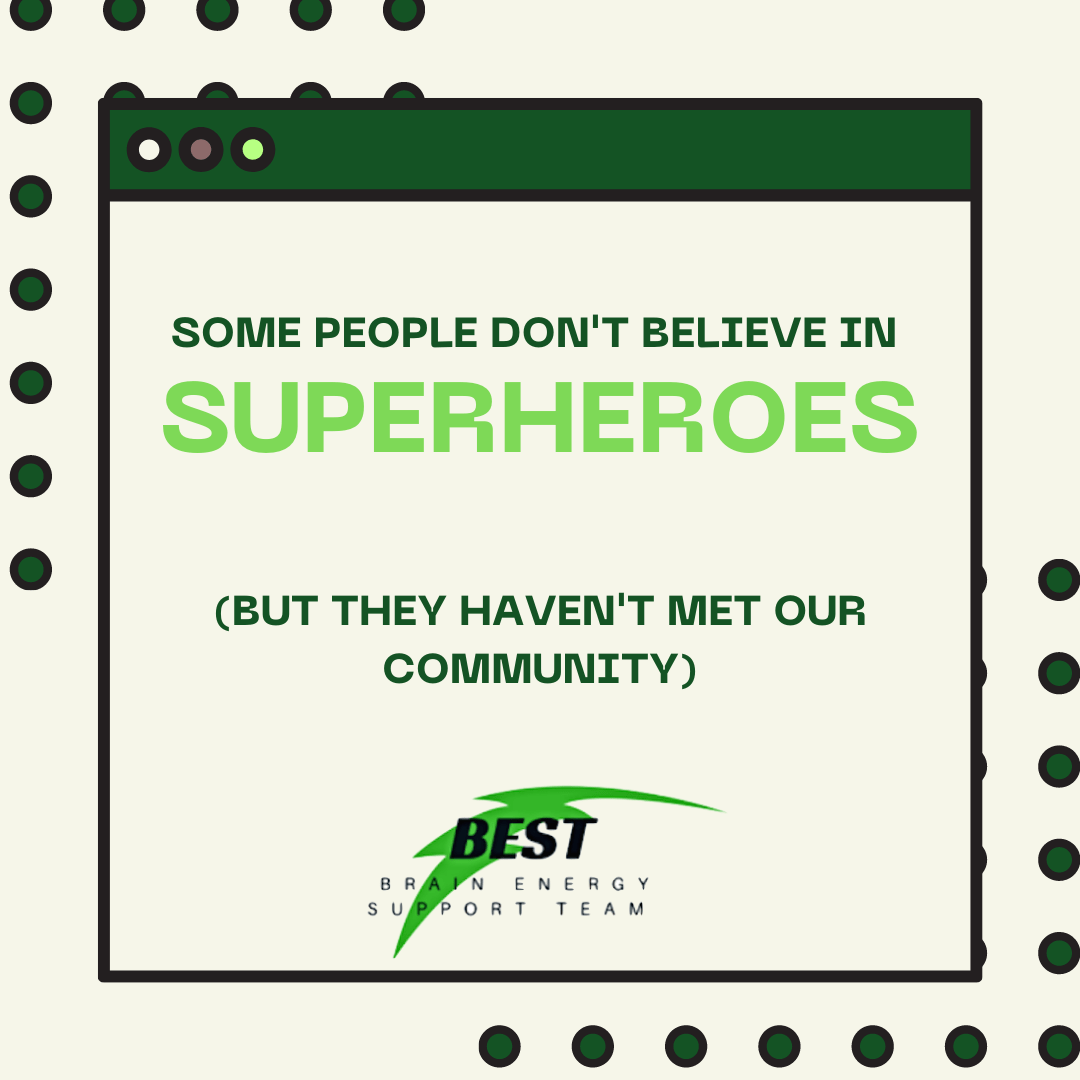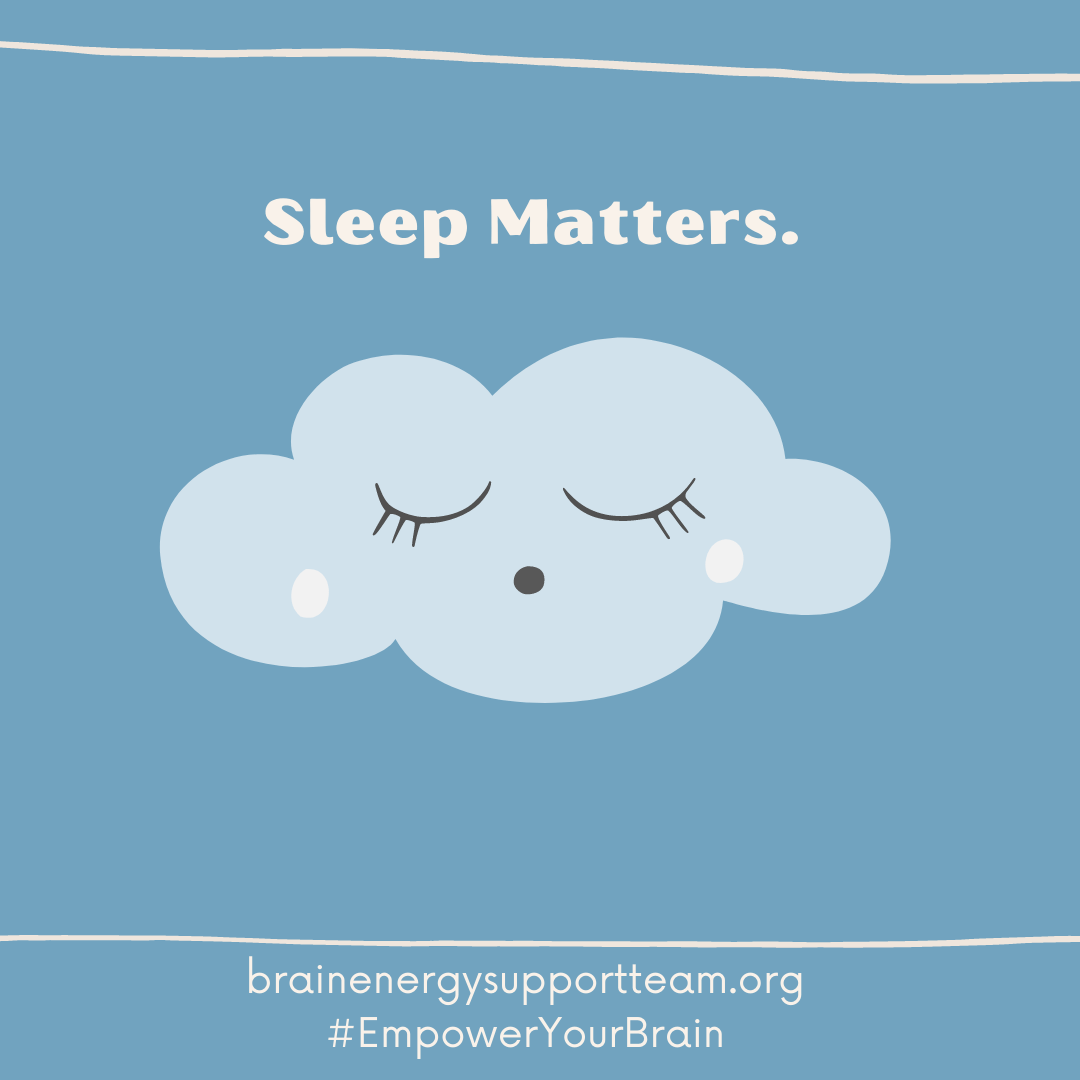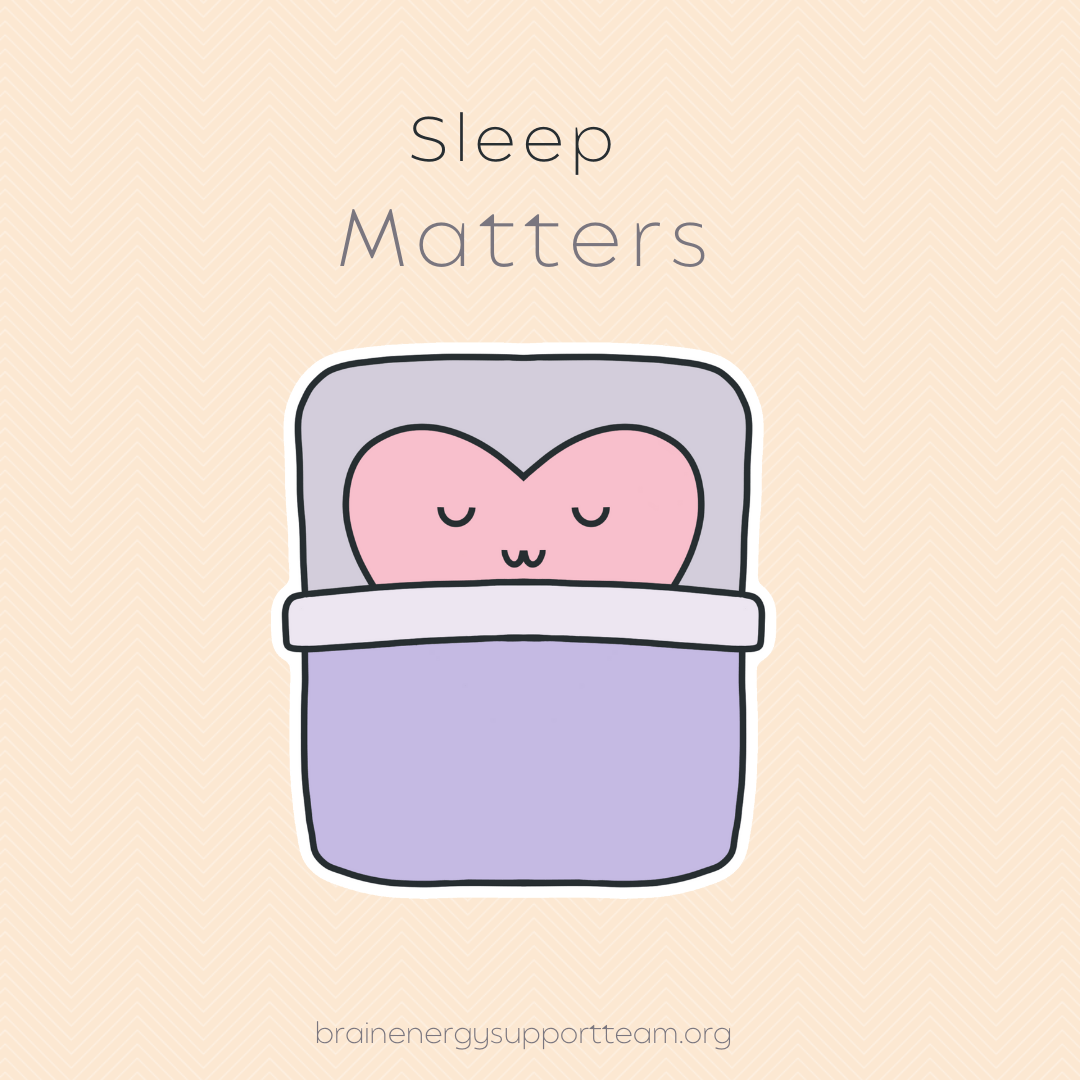Whether it’s in your home, a local park, a city, in nature, or some other location, it’s magical when you find that special place where you can relax and just be. Where is your relaxing place? BEST loves sharing … Facebook0TwitterPinterest0tumblr0Linkedin0Reddit0Email0






